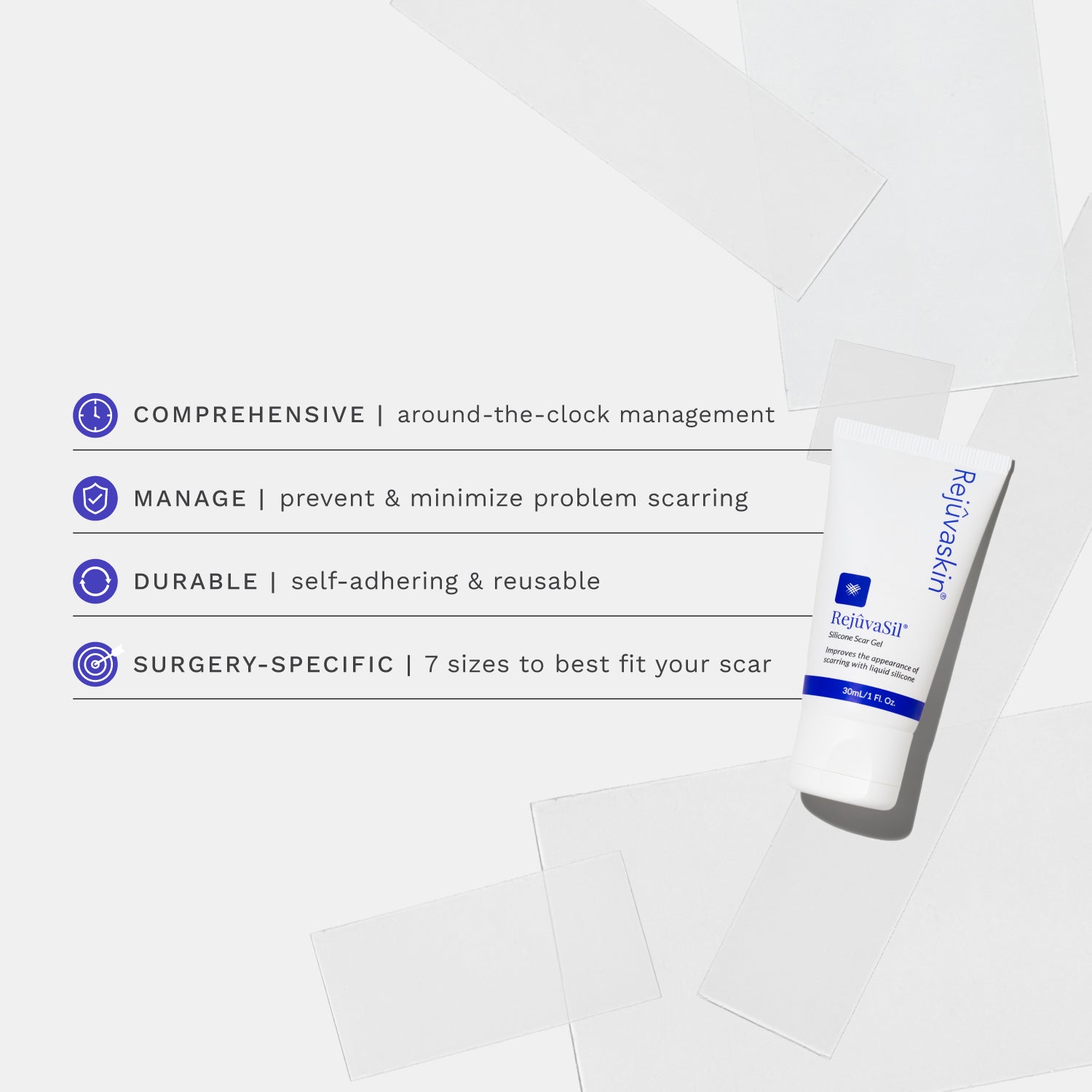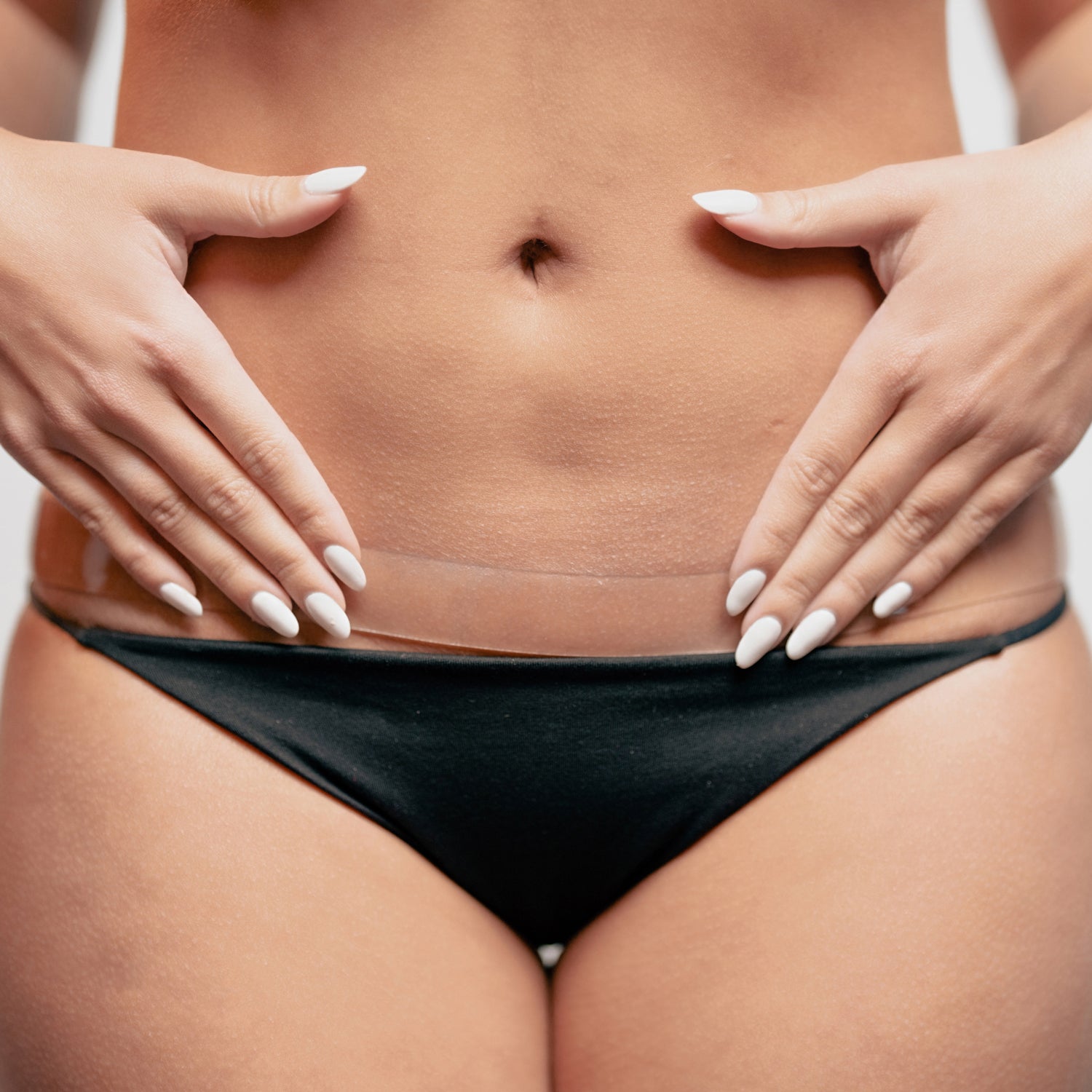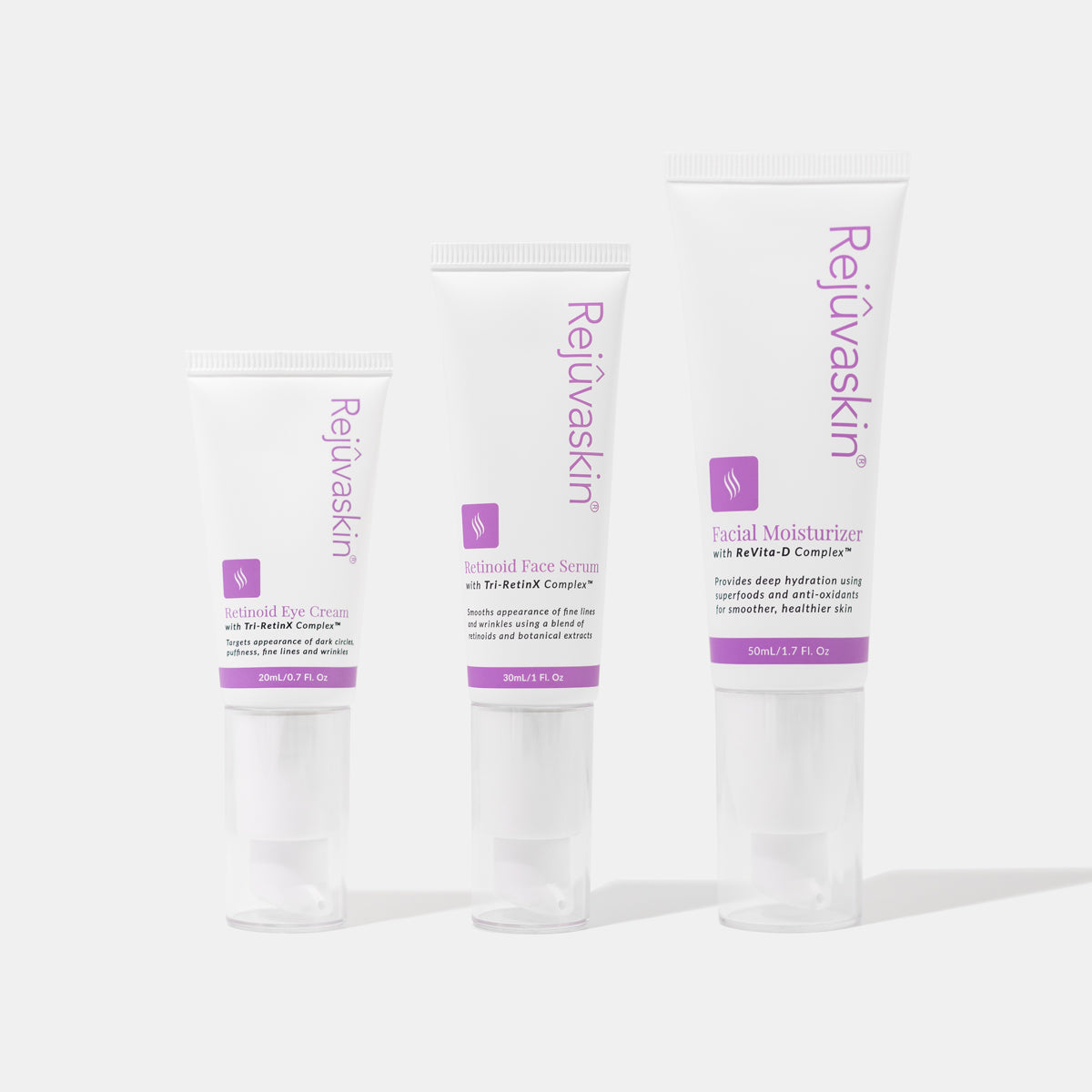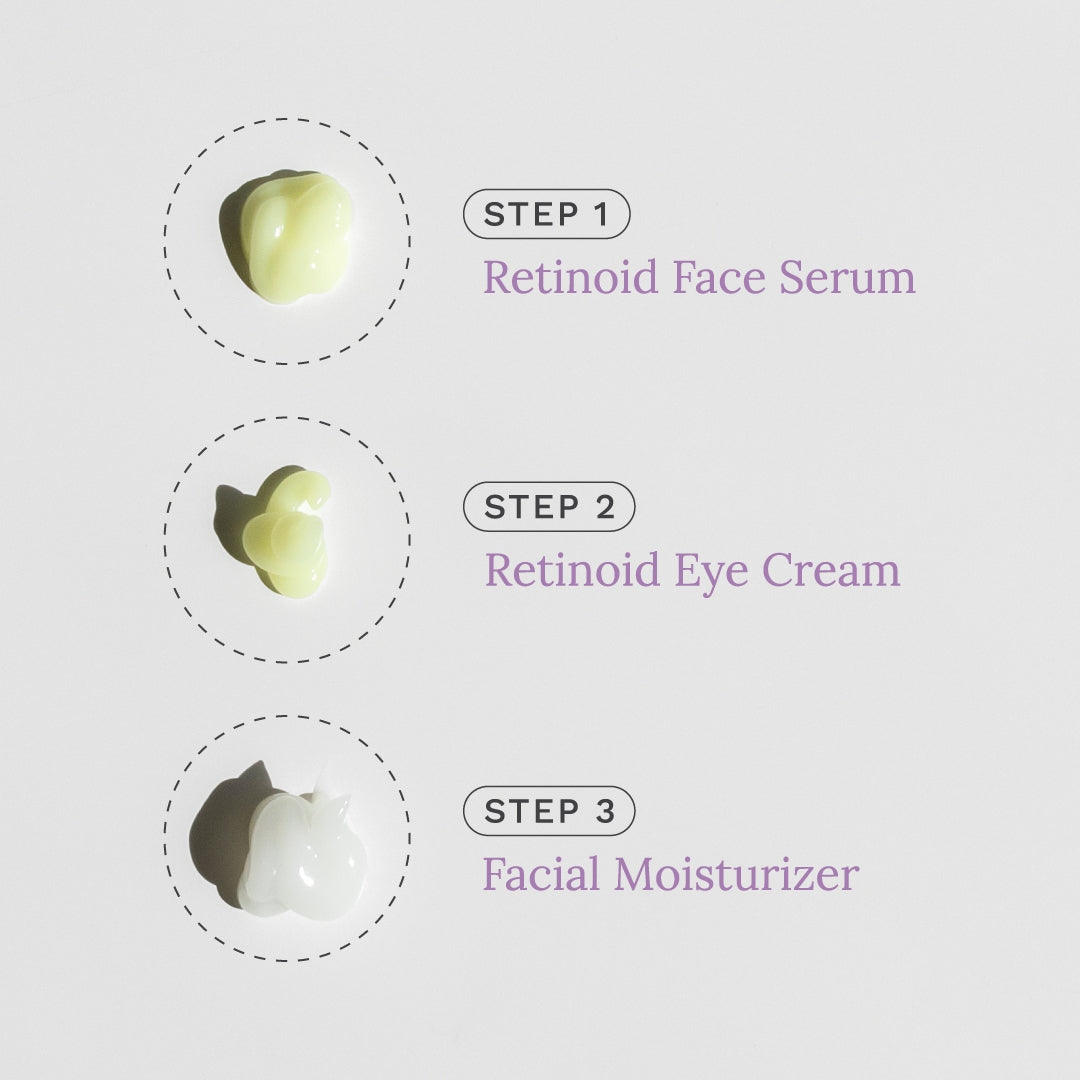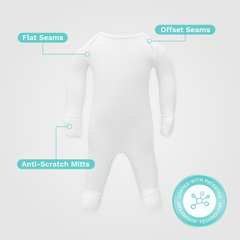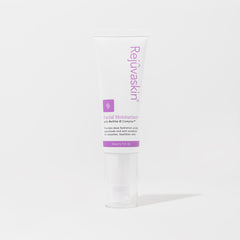Summer means sunshine, pool days, and beach vacations—but if you have eczema, the season can also bring irritation, discomfort, and unwanted flare-ups. While saltwater and chlorine can offer benefits for some skin types, they can also compromise the skin barrier in others, especially for those living with atopic dermatitis (eczema).
Fortunately, with thoughtful preparation and the right skin care, you can enjoy your favorite summer activities without sacrificing skin health.
How Saltwater and Chlorine Affect Eczema-Prone Skin
Saltwater: Soothing or Stinging?
Saltwater is naturally antimicrobial and may soothe inflamed skin for some individuals. However, for those with broken or severely compromised skin, the salt content can sting, increase dryness, and provoke irritation. A recent study emphasized that changes in environmental exposure—including water salinity—are among the most common external triggers reported by eczema patients (Hussain et al., 2024).
Chlorine: A Known Irritant
Chlorine is often used in pools for its disinfecting properties, but it also strips away natural oils, drying out skin and weakening the skin barrier. According to dermatological research, maintaining moisture and barrier protection is critical in preventing inflammation and managing flare-ups in chronic eczema (Langley, 2005).
Tips to Prevent Summer Flare-Ups
1. Apply an Emollient Before Swimming
Creating a protective layer before entering the pool or ocean helps shield your skin from harsh elements.
Rejûvaskin Skin Recovery Cream offers an ideal pre-swim barrier with its formulation of:
-
Squalane and hyaluronic acid for deep moisture
-
Calendula and aloe vera to calm inflammation
-
A non-steroidal, gentle formula safe for all skin types
Daily use of emollients like this has been shown to significantly reduce the incidence and severity of eczema flare-ups (Weber et al., 2015).
2. Rinse and Reapply After Swimming
Always rinse off thoroughly with fresh water after swimming to remove chlorine or salt. Pat dry with a soft towel and reapply a rich, fragrance-free moisturizer immediately.
Rejûvaskin Skin Recovery Cream is ideal post-swim as it:
-
Helps restore the lipid barrier
-
Reduces redness
-
Supports the skin’s natural recovery cycle
3. Use a Gentle, Mineral-Based Sunscreen
Chemical sunscreens often contain irritants that exacerbate eczema. Mineral options, like those made with zinc oxide, are typically better tolerated.
Rejûvaskin Mineral Facial Sunscreen SPF 32:
-
Uses zinc oxide for broad-spectrum protection
-
Free from harsh preservatives and fragrances
-
Developed for sensitive, compromised skin
Applying it daily helps prevent UV-triggered flare-ups and keeps your skin protected throughout the summer.
4. Choose Breathable Clothing and Stay Hydrated
Wear loose, light clothing made from cotton or bamboo to minimize sweat-induced irritation. And don’t forget hydration—dehydrated skin is more vulnerable to flare-ups.
Skin Recovery as a Daily Ritual
Effective eczema management in summer goes beyond occasional relief. Research shows that proactive care—a consistent routine of moisturizing and barrier repair—can reduce the frequency of flares and help maintain skin remission (Wollenberg & Ehmann, 2012).
Integrating Rejûvaskin’s Skin Recovery Cream and Mineral Sunscreen into your morning and post-activity skincare routines ensures that your skin is supported, protected, and calm—even under summer stress.
While summer’s elements can pose challenges for eczema-prone skin, they don’t have to interfere with your plans.
With thoughtful skincare choices and dermatologist-trusted products from Rejûvaskin, you can enjoy the season with less worry, fewer flares, and more confidence in your skin.
Works Cited (APA Style)
-
Hussain, N., Bhatti, A. N., Khan, B. N., Siddiqa, A., Azhar, S., & Zahra, T. (2024). Survey on Eczema: Its Perceptions and Characterization. https://consensus.app/papers/survey-on-eczema-its-perceptions-and-characterization-hussain-bhatti
-
Langley, R. (2005). New therapeutic targets in atopic eczema. Acta Dermato-Venereologica, Supplementum, 215, 25-27. https://consensus.app/papers/new-therapeutic-targets-in-atopic-eczema-langley
-
Weber, T., Samarin, F. M., Babcock, M., Filbry, A., & Rippke, F. (2015). Steroid-free over-the-counter eczema skin care formulations reduce risk of flare. Journal of Drugs in Dermatology, 14(5), 478–485. https://consensus.app/papers/steroidfree-overthecounter-eczema-skin-care-weber-samarin
-
Wollenberg, A., & Ehmann, L. (2012). Long term treatment concepts and proactive therapy for atopic eczema. Annals of Dermatology, 24(3), 253–260. https://consensus.app/papers/long-term-treatment-concepts-and-proactive-therapy-for-wollenberg-ehmann

